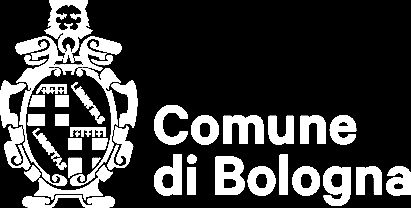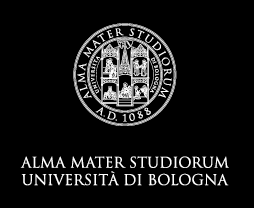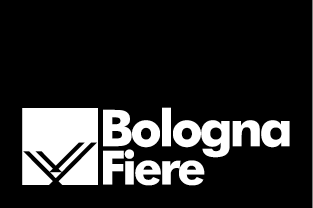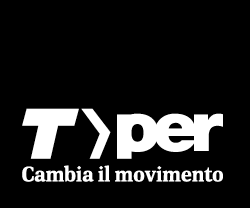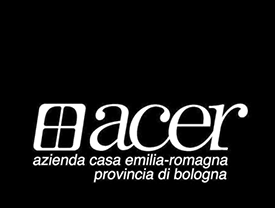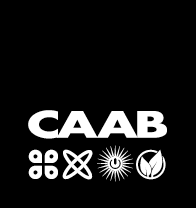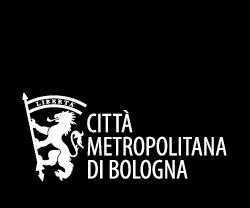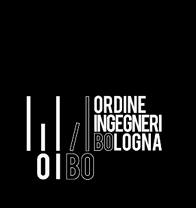Spaces Lab
The Neighbourhood Laboratories from 2017 gave rise to the need for spaces open to citizens that also featured openness and accessibility and could facilitate interaction. The citizens of Bologna have asked for access to places to experiment with collaboration, even with forms of management accessible for more entities and with institutions guaranteeing the ‘open doors’ principle: open, hybrid, flexible spaces of reference to facilitate social mixing within a neighbourhood or specific area, which are perceived as social bulwarks and as ‘bridges’ between generations, cultures, and needs.
These premises gave rise to a laboratory dedicated to the issue of spaces, with the goal of redesigning policies and tools to confer and manage property belonging to the city or for temporary use, providing the city council with some ideas for new regulation and support.
Objectives of the path:
- highlight possibilities to innovate with administrative procedures, even through interaction with other cities, following the road already paved by the ‘Regulation on collaboration between citizens and the Administration to care for and regenerate common urban goods’, recognizing the different forms of management and self-management of spaces, occasionally also redefining the role of the public administration as guarantor.
- develop possible proposals to update/comply with city regulations related to the management of City property
- promote experimentation of management models on spaces to regenerate, also through the contribution of private parties/service sector; temporary use of spaces to be regenerated; forms of collaboration with private subjects and communities.
Phases of the path:
- Internal analysis (December 2017 – May 2018)
Before interacting with the public, work was carried out within the Administration to finalize and construct an internal working group and a complete framework of the existing tools to confer City property. - Discussion and development (June–July 2018)
Following the public launch, a phase of investigation was held in working groups aimed at participants in order to identify: critical aspects and strengths in the Administration’s current assignment system; good practices in use on the national and international levels; possible innovations regarding the project objectives. In this phase, the participants proposed guarantors in support of the process. - Presentation of the proposal (September–October 2018)
The listening phase with meetings and context analysis was followed by the more structured collection of proposals for improvement. The result of this phase was a document for a proposal backed by the Foundation that highlighted guidelines useful for the Administration in consideration of the preceding phase of investigation and listening. - Proposals from the Administration (beginning December 2018)
The results of the preceding phase were subjected to the attention of the Administration working group to integrate it with needs internal to the administration. The guarantors of the process monitored the work.
In addition to participation through candidacy in the public announcement, participation was open to anyone interested. Fifty-one associations in the city participated.
In 2019, the City of Bologna, in continuity with and in the Spaces Lab, published a public announcement to assign five unused public buildings for the purposes of cultural and participatory interest through experimentation with a co-design course.
In response to the needs emerging from Spaces Lab, the City of Bologna also initiated the project ‘Case di Quartiere’ [Neighbourhood Houses] to change former retiree social centres into multipurpose, open, and intergenerational places capable of collecting the different strengths in the territory.



